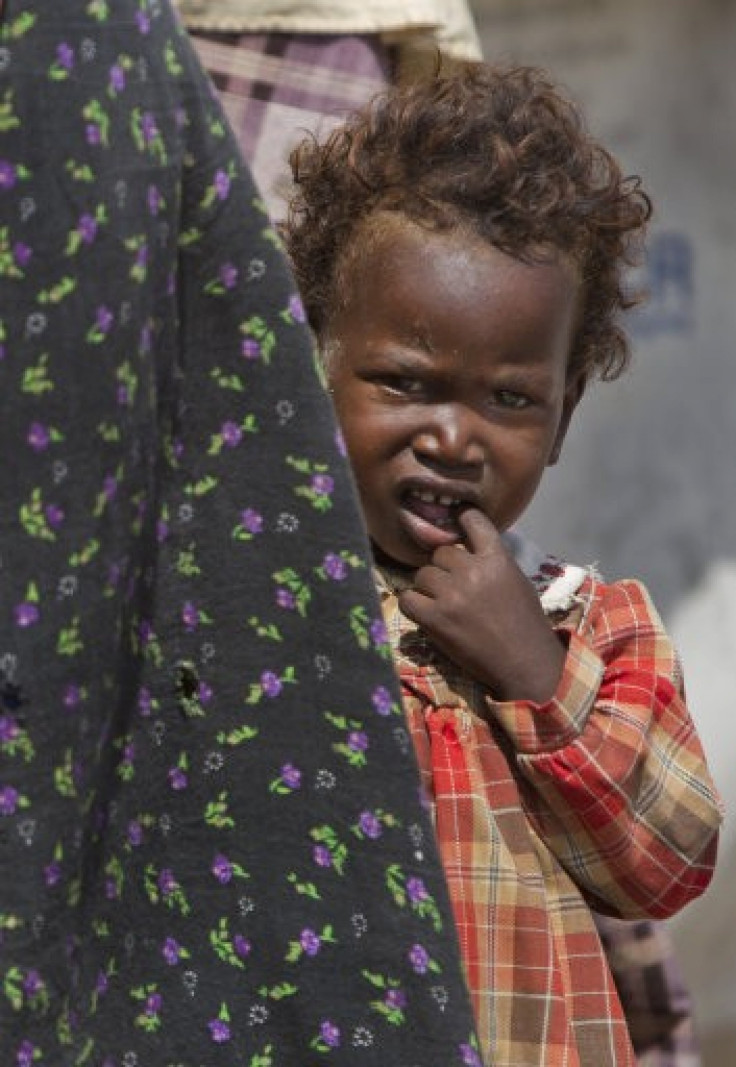Another Great Famine Looming Over Africa

Not even a month has passed after the U.N. announced that Somalia's famine, which killed between 100,000 and 150,000 people, was over. Now, another hunger crisis of equal proportion is looming over another part of the continent.
Aid agencies have warned of harvest failure in Sahel, the band of desert and scrub that runs south of the Sahara. The crisis means nearly 12 million more people require assistance. There are a good six months still left for the next rains, if at all they arrive.
We ran out of food a few days ago, Kertouma Mint Sedatty, a 39-year-old mother of seven, told the Time Magazine.
She lives in Gaet Teidouma, a small village more than 800 km (500 miles) east of Mauritania's capital Nouakchott.
My children are hungry. Our three cows can't find anything to eat and stopped giving milk. It's going to be a very difficult year, she said. Most people won't survive.
Mauritania has the dubious distinction of being the nation which has the least amount of potable water in the world and it is one of the areas badly hit by famine and drought. One-third of its population is at risk of hunger and the primary reason cited by the U.N. is last year's drought that had been described as the worst in decades.
In 2011, a study conducted by the Center for Forestry at the University of California, Berkeley, found that rainfall in Sahel almost halved since 1954.
The absence of an effective administrative mechanism has worsened the drought conditions and famine, which eventually led to violent unrest in the region.
The world has more than enough food to feed itself, so it's a matter of distributing it to the needy.
Compared to Somalia, Sahel has a vast geographical area of human occupation which makes effective food aid distribution difficult. It is not a war-torn zone, but there are isolated violence in some of the areas. Northern Mali is currently the scene of a Tuareg rebellion. Nigeria too is threatened by the Taliban-like Islamist militant group Boko Haram which is involved in a campaign of bombings and mass killings against the state. Mali and Nigeria are also home to al Qaida's franchise, al Qaida in the Maghreb.
Time quoted Johannes Schoors, country director of aid organization CARE in Nigeria, as saying: Certain donors still want to see dying children before they make available funds.
We need to tackle the underlying causes of food insecurity; otherwise, we will face a crisis every year, Schoors added. But who can afford to finance that?
The reports commissioned by Oxfam and Save the Children on last year's famine in Somalia found that 100,000 people died unnecessarily due to the lacunae in the relief aid mechanism.
Will a similar tragedy strike Sahel this year?
© Copyright IBTimes 2024. All rights reserved.











